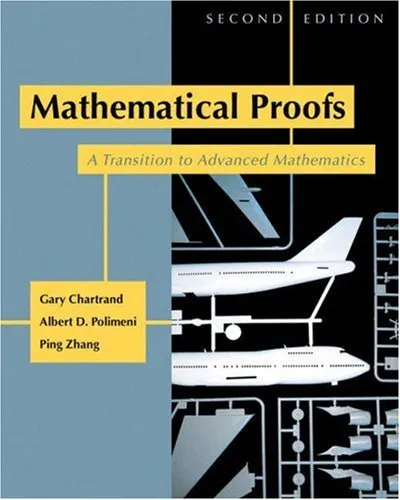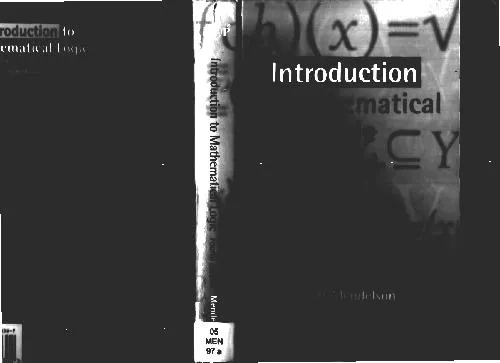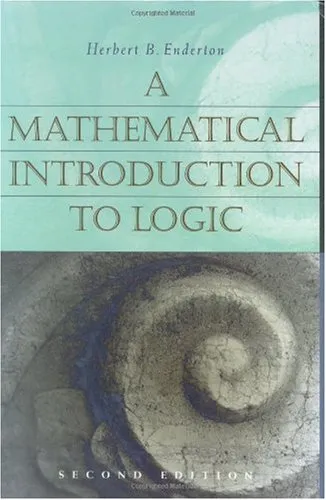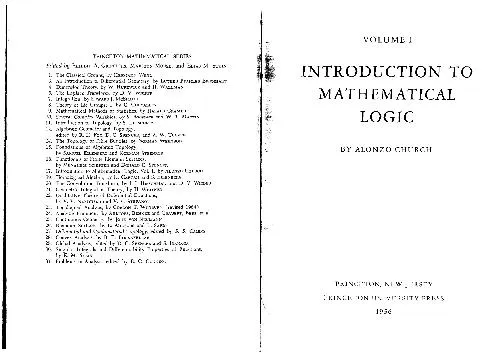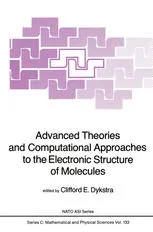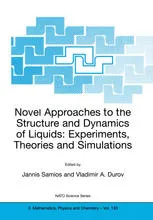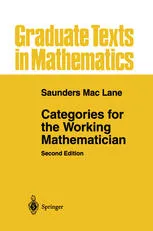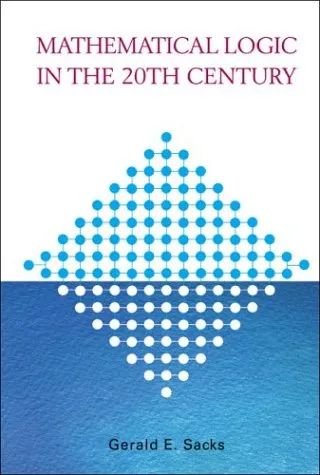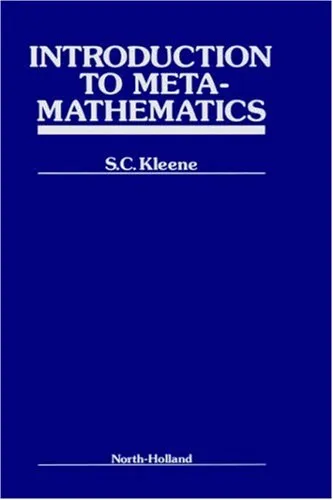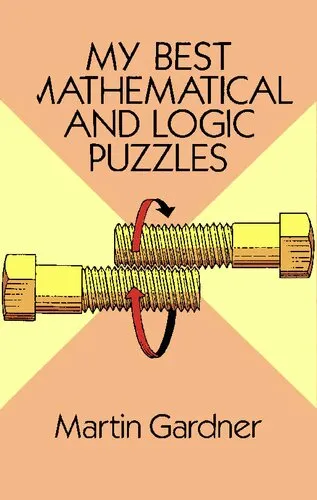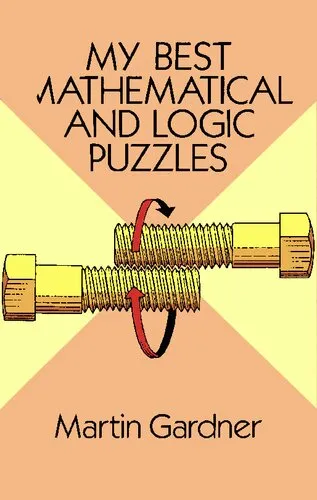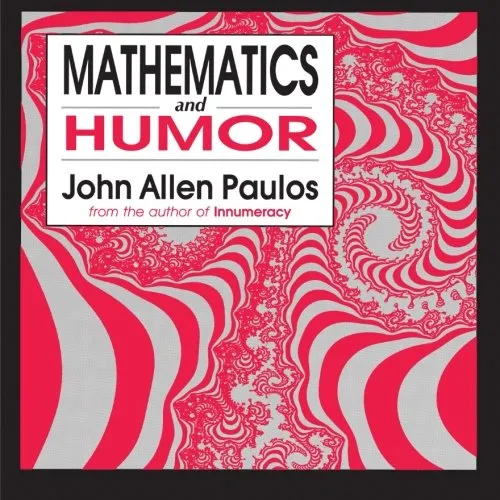Mathematical Proofs: A Transition to Advanced Mathematics
4.6
Reviews from our users

You Can Ask your questions from this book's AI after Login
Each download or ask from book AI costs 2 points. To earn more free points, please visit the Points Guide Page and complete some valuable actions.Related Refrences:
Introduction to "Mathematical Proofs: A Transition to Advanced Mathematics"
"Mathematical Proofs: A Transition to Advanced Mathematics" by Gary Chartrand, Albert D. Polimeni, and Ping Zhang serves as a pivotal resource for students preparing to immerse themselves in advanced mathematics. The book bridges the gap between computational mathematics and theoretical concepts, building a foundation for mastering the art of constructing rigorous mathematical proofs. Written with clarity and precision, this text is widely recognized for nurturing critical thinking, curiosity, and logical reasoning in aspiring mathematicians. Whether you're an undergraduate mathematics student, a math enthusiast, or someone striving to deepen your knowledge base, this book lays out the tools and techniques vital to achieving proficiency in advanced mathematical reasoning.
Detailed Summary of the Book
The core objective of Mathematical Proofs: A Transition to Advanced Mathematics is to develop a student's ability to understand the principles of mathematical thought. The book introduces fundamental methodologies for constructing proofs and gradually scaffolds learning to tackle complex theoretical problems. Organized in a well-structured manner, it begins with an exploration of logical reasoning—covering topics such as propositional and predicate logic, truth tables, and formal implications.
Progressing from foundational content, the book dives into techniques central to proof writing, including direct proofs, proof by contraposition, and proof by contradiction. Comprehensive discussions around mathematical induction serve to instill confidence in proving statements defined recursively or otherwise dependent on natural numbers. A variety of examples and exercises ensure that concepts are internalized and reinforce the application of proof techniques.
Further chapters delve into sets, functions, relations, and cardinality, topics integral to advanced mathematics. The authors provide an accessible yet rigorous treatment of these abstract mathematical structures, preparing students for studies in fields such as analysis, algebra, topology, and discrete mathematics. Emphasis is placed on understanding the language and logic underpinning higher mathematics, empowering readers to transition seamlessly into upper-level courses.
Key Takeaways
- Development of reasoning and critical thinking skills crucial in higher mathematics.
- An introduction to formal logic, including truth tables, predicates, and quantifiers.
- Mastery of proof techniques like direct proofs, proofs by contradiction, and mathematical induction.
- Extensive coverage of sets, functions, relations, and cardinality.
- Advanced problem-solving strategies through a vast collection of examples and exercises.
- An emphasis on the importance of precision, clarity, and rigor in mathematical communication.
Famous Quotes from the Book
"Mathematics is much deeper than computation; it is about understanding structures, patterns, and reasoning rigorously about abstract ideas."
"Proofs are the cornerstone of mathematics, and the ability to construct them is what distinguishes a mathematician from a calculator."
"Precision in language is key to clarity in thought, especially when communicating complex mathematical concepts."
Why This Book Matters
Mathematical Proofs: A Transition to Advanced Mathematics is not just another textbook; it is a transformative guide designed to equip students with the tools and confidence necessary to excel in advanced mathematics. This book matters because it formalizes the process of learning how to think like a mathematician, bridging the often-intimidating gap between computational and theoretical knowledge. By emphasizing rigorous reasoning and providing a logical progression of topics, it fosters an appreciation for the beauty and elegance of mathematical thought.
The ability to understand and construct mathematical proofs is a fundamental skill in many scientific and technical disciplines, not just mathematics. This text prepares students to tackle problem-solving creatively and develop logical frameworks applicable far beyond academics. It also inspires curiosity and perseverance—qualities that are instrumental in any intellectual endeavor.
Whether pursuing a degree in mathematics, physics, computer science, or engineering, this book provides the foundation necessary to succeed in advanced studies. It cultivates not just competence but also confidence, encouraging readers to explore abstract concepts with vigor and clarity.
Free Direct Download
You Can Download this book after Login
Accessing books through legal platforms and public libraries not only supports the rights of authors and publishers but also contributes to the sustainability of reading culture. Before downloading, please take a moment to consider these options.
Find this book on other platforms:
WorldCat helps you find books in libraries worldwide.
See ratings, reviews, and discussions on Goodreads.
Find and buy rare or used books on AbeBooks.
1417
بازدید4.6
امتیاز0
نظر98%
رضایتReviews:
4.6
Based on 0 users review
Questions & Answers
Ask questions about this book or help others by answering
No questions yet. Be the first to ask!
